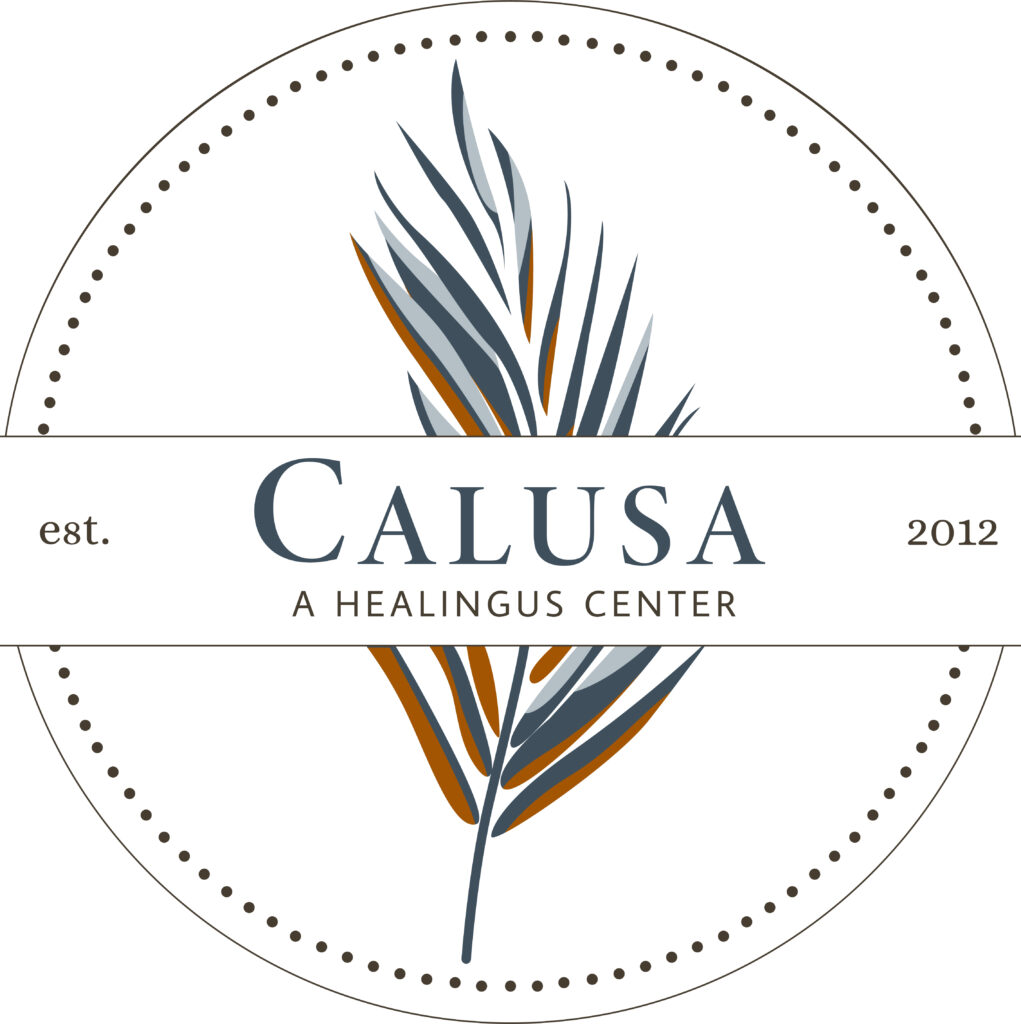Although benzodiazepines serve valid medical purposes, they also come with inherent risks. Among these risks, one of the most significant is the potential for misuse, addiction, and dependency. Every year, millions of individuals misuse these drugs, underlining the need for caution. They have the potential to foster habituation, particularly during prolonged usage, emphasizing the importance of short-term prescriptions.
An elevated risk of overdose looms, especially when benzodiazepines are abused, often in conjunction with other substances. It’s a common occurrence for individuals to combine benzos with other depressants, such as opioids or alcohol, both of which also suppress the central nervous system. This perilous combination can drastically slow down the CNS, leading to potential overdose. Signs of a benzodiazepine overdose include:
- Confusion
- Slurred speech
- Loss of consciousness
- Shallow or slow breathing
- Impaired coordination
- Excessive drowsiness
Some studies suggest that alprazolam, marketed as Xanax, might carry a higher risk of toxic overdose compared to other benzodiazepines.
When benzos are combined with opioids, the risk of respiratory distress or fatality is heightened.
Even if an overdose is not experienced, combining benzos with opioids, alcohol, or other drugs can intensify the effects of each substance. For instance, mixing benzodiazepines with alcohol can amplify intoxication, putting individuals at greater risk of accidents or harm to themselves and others.
If you find yourself grappling with the challenges posed by these substances, Calusa Recovery, a Florida-based benzo rehab center, provides evidence-based care to guide you toward reclaiming your life and selfhood.
Benzodiazepines and Opioids:
In 2021, almost 14% of opioid-related overdose deaths also involved benzodiazepines, underscoring the necessity of comprehending the hazards associated with concomitant usage of these two drug classes. Additionally, illicit drug supplies in certain regions may inadvertently lead to their combination.
Simultaneous usage of benzos and opioids elevates the risk of emergency room visits, drug-related hospital admissions, and fatal overdoses. For instance, a North Carolina study revealed that the overdose death rate for individuals consuming both substances was ten times higher than those solely using opioids.
For those seeking benzo addiction treatment in Fort Myers, Florida, Calusa Recovery offers tailored programs and treatment solutions for various addictions.


















